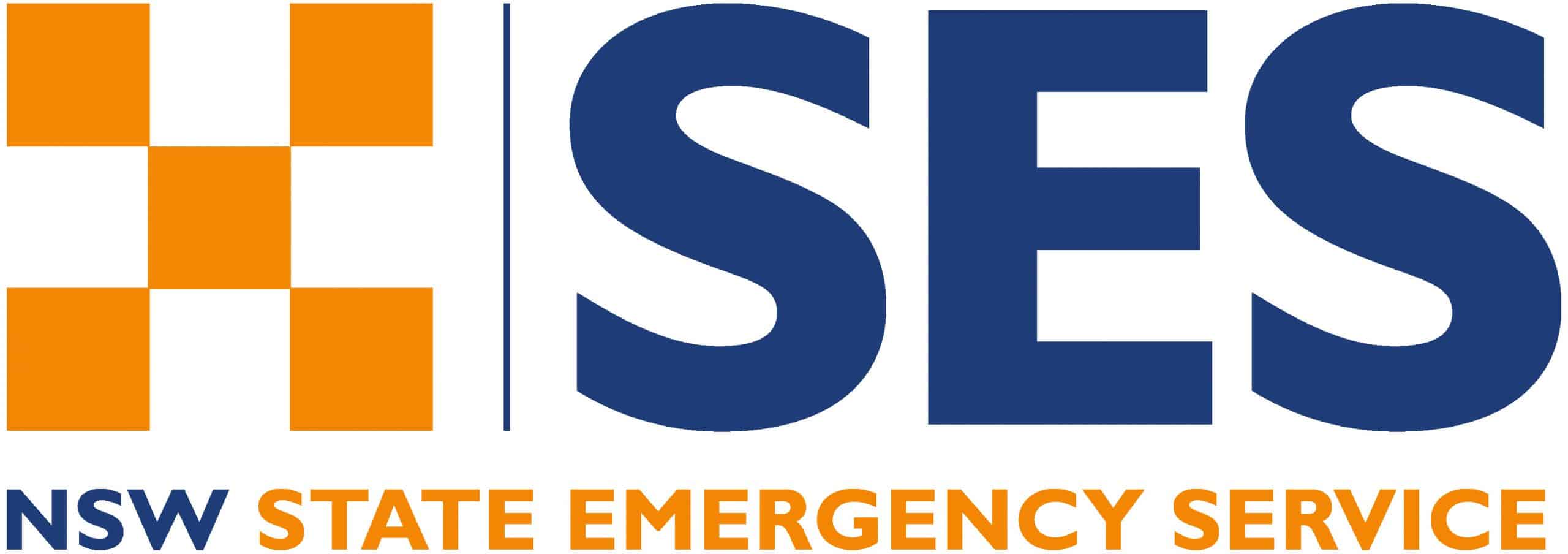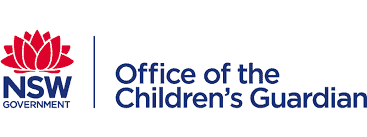Bullying has a devastating impact on an organisation. To avoid lack of engagement, employee turnover and loss of reputation you need to create a mindful environment: Frequent respectful, positive and constructive feedback and meaningful ongoing conversations lead to happier people and increased engagement.
What the program can cover:
Understanding the difference between Feedback, Performance appraisal and management and Bullying
- Everyone has a right to a safe workplace (free of bullying)
- What does/does not constitute bullying? Including up-wards bullying.
- What are constructive Feedback/performance conversations
Effective & respectful giving & receiving feedback in the workplace
- Focus both on how people give feedback as well as how people receive it, as both are critical for building appropriately respectful communication in the workplace
- The differences between performance management, performance appraisal and critical developmental feedback and bullying
- A neuro-scientific look at bullying, feedback / ‘threat versus reward’ state
- A basic explanation of how your and other people’s brain works in a bullying/threat situation & constructive feedback/toward situation
- Address the previous feedback experiences of participants (successes, fears, impacts)
- Learn and practice another way of communicating when confronted or needing to have a ‘difficult’ or performance conversation with a colleague/staff
- Examine and outline how to create a positive environment for making the feedback process constructive and meaningful
- Involve the participants to learn through demonstration and role plays written for the specific context of your organisation
- Have a strong skills focus concentrating on setting expectations, choosing an appropriate setting and getting the preparation right
- Reframing conversations and feedback to more constructive language (while still being realistic and practical)
- Skills for delivering negative feedback and dealing with defensiveness
- Skills & techniques for framing and communicating for a positive outcome
Fixed and Growth Mindset (particularly referencing Carol Dweck’s research)
- How to shift own and others’ thinking from a Fixed to a Growth mindset – Shifting from a Fixed Mindset, where effort and change are seen as impossible or too hard, to a Growth Mindset where effort and feedback are seen as critical developmental tools and people are willing to embrace respectful critical feedback to grow and develop.
We help you to identify your needs and to form a customised proposal.
Contact us today and for a free consultation.
























































